This site uses cookies. By continuing to browse the site you are agreeing to our use of cookies. Read our privacy policy

Paul Finnis is Founder of the Digital Poverty Alliance, CEO of the Learning Foundation, and a Strategic Advisor at Unconnected.org.

Explain the link between technology and poverty.
The link is very clear: if you're in poverty, you're substantially more likely to be in digital poverty. And one of the great shames is that even in the West families who were making the connectivity transition are now having to disconnect - the cost of living has meant that access to broadband at home is one of those things that they've had to give up. So, the numbers are getting bigger.
Q: And if you're not connected, how damaging is that to your life chances?
A: Well I tend to put that back to people and say, think about how you use technology. Imagine not being able to do that and whenever I suggest that people are: "Oh yeah, the horror!" Your use of technology is constant. It’s not just about sitting down with the laptop and writing a report, but also about finding what time the next train is, or buying something on eBay or Amazon. Suddenly that isn’t available. More substantially, more and more jobs now require some level of digital understanding. Even finding the jobs: more of those things are now online. So that stops your ability to learn, to find work, etc. And if you're young, it means not being able to communicate with your mates. For older people, it’s about issues such as loneliness, particularly if you're housebound. And it's set to get worse - access to a GP, for instance, or other services, you will have to do that online. One odd irony is that the people most likely to need to sign on to collect benefit because of their financial situation, are the people least likely to be able to know how to do it.
Q: So how do you get technology to combat that?
A: At one level it's quite simple. You can give them a device and some connectivity. But support is really important because if you think back to the first time you got a laptop or smartphone, you had no idea what to do. So, it’s about skills and ability. It's about motivation as well: you’ve got to find out what it is that interests them. That might be music, or it might be looking back at old photographs. It might be looking at footage from films they haven't seen in years. It might be about them connecting with family who live abroad. The reality is, if there are a million people without connectivity, there are a million different reasons why.

Q: And how important is collaboration in addressing that – businesses, charities and policymakers working together?
A: It really is. It’s about poverty analysis. The UK Department for Education (DfE) handed out around two million devices to school children during the pandemic. And the Department for Health said, "If only the DfE had talked to us, we could have found a way of combining that." Because the reality is that if you're in poverty, and not just digital poverty, then you're probably struggling with health, you're probably struggling with finances, with work, and all these kinds of things. So, laptops and connectivity feel like they’re a one-size-fits-all solution, but it's not quite that simple. The departments all have a shared interest in enabling people to access services and support as easily as possible. Otherwise they're all stuck in their own little niche, all off doing their own things. And yet this is an example where if they came together and shared the solution, the costs and everything else would be minimized.
Q: So, what's the role for a company such as Huawei?
A: That's an interesting question. Companies can be there with a hand in their pockets to help out. But what's really core is for technology companies particularly to recognize that not everybody in the world is able to get online. And even if they can, they're not able to engage with it in a way that a company might want them to. So, companies might want to invest in the development of skills. The more you can enable more customers to engage with you, the better it will be from a business perspective too. When I look at the 3 billion people across the world who are either completely disconnected or really struggle with connectivity, that feels like a market to me. A market that's really important, not just from a commercial, but also from a productivity point of view. I don't want to make it sound like it's a silver bullet, but if we could get connectivity and digital access into people's hands across the world, the opportunity is there for a fairer world, and accessing better skills.
Q: A charitable community venture, but good for business as well, potentially?
A: Absolutely.
Q: How do you ensure that technology and connectivity don't widen the digital divide: that those without connectivity aren’t left even further behind?
A: I think that's absolutely the case. Organizations like the World Economic Forum have a pretty dire view about the world over the next 10-20 years if that's allowed to continue, because people are ever more disconnected from their ability to engage with life. And my worry is that the cat is out of the bag. There have been cost savings, increased productivity and you can’t stop the momentum towards digitalization. I do think we have to make sure that people catch up - but sadly, I think that's going to be impossible.
Q: Running to catch up, but never actually managing to?
A: Yes. This is about an opportunity for people to take some control back of their own lives. But I look back at my 45 years working with the charitable sector and I wonder what’s changed. For all of the investment of time and energy, the numbers of people in poverty remain high. And I think some countries actually want people to be in poverty, want people to be able to go work in a factory for a pound a day. The world has it within itself to be able to fix the problem of poverty.

Q: And would you deem connectivity to be a basic human right in the modern world?
A: Yes. Definitely. And I'd be keen to move that from being just a nice statement to being something that sits rooted within law and policy. Scotland, for instance, gives digital literacy the same importance as literacy and numeracy. It recognizes that technology is absolutely essential, and will continue to remain so. At Unconnected.org we’re currently doing lots of work in really difficult or poor communities in places like Malawi, South Africa and elsewhere to put connectivity into schools. And then the schools act as hubs for the community - they've got the wherewithal to enable the wider community. If you want to connect a billion people, you can't do that just as a single organization.
Q: It was once famously said that “poverty is not a lack of character, it's a lack of cash”. How important is it that technology is accessible to all, to give the lie to the belief that poor people just need to work a bit harder?
A: Exactly, that's a great question. I do see technology as a leveler. A 14-year-old with a device and connectivity, and the skills to use it, becomes the same as any other 14-year-old in a completely different part of the world. It doesn't matter who or where they are, or what their background might be, there is something the same about them at that point. They can come together and play games and there's something lovely and leveling about that. But one of my particular gripes has always been this idea that poor people deserve it somehow. There but for the grace of God go most of us. It’s much easier to fall into poverty than you can imagine. Large percentages of people in the UK are just two pay-packets away from homelessness, for instance. Most people in poverty are not there through their own fault. At the Learning Foundation we work with schools where there are children from families where there are four generations unemployed. That's 100 years of no employment in a family. Do we blame the child for that? They're more likely to be unemployed because that's the kind of environment they’re in. It needs intervention.



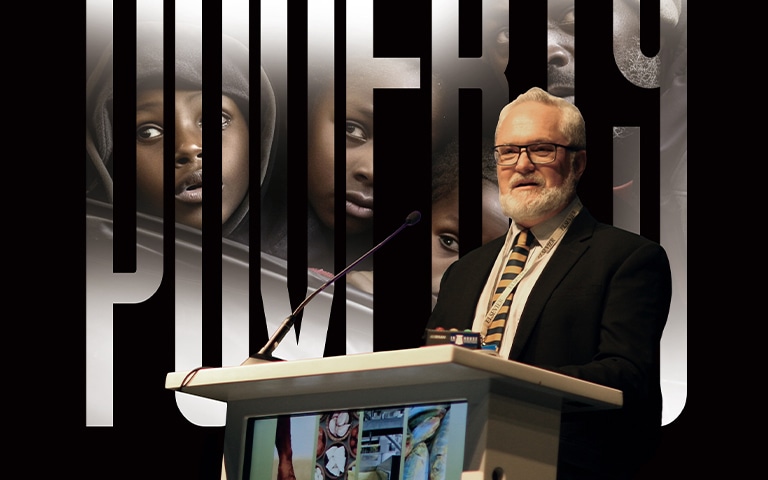





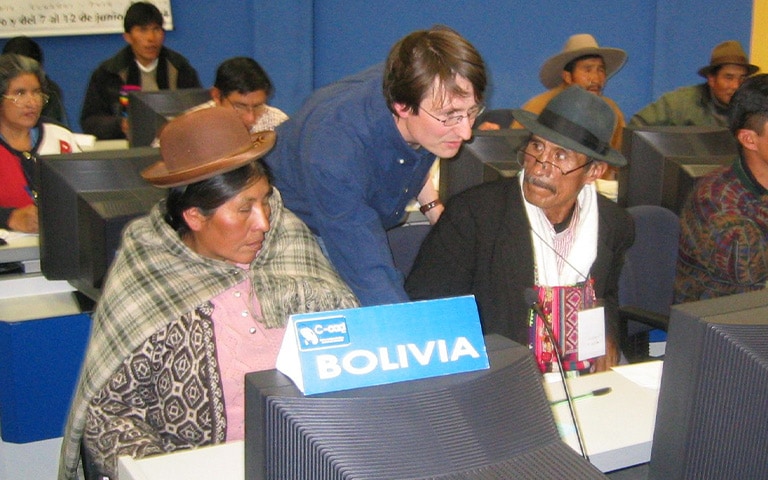


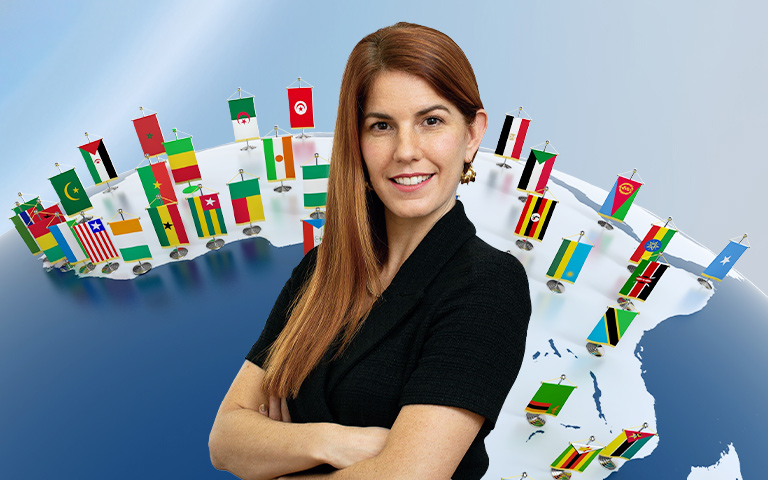




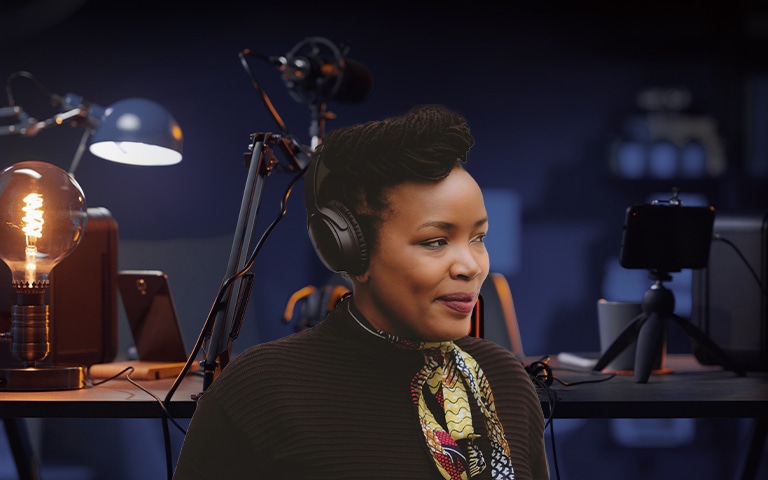
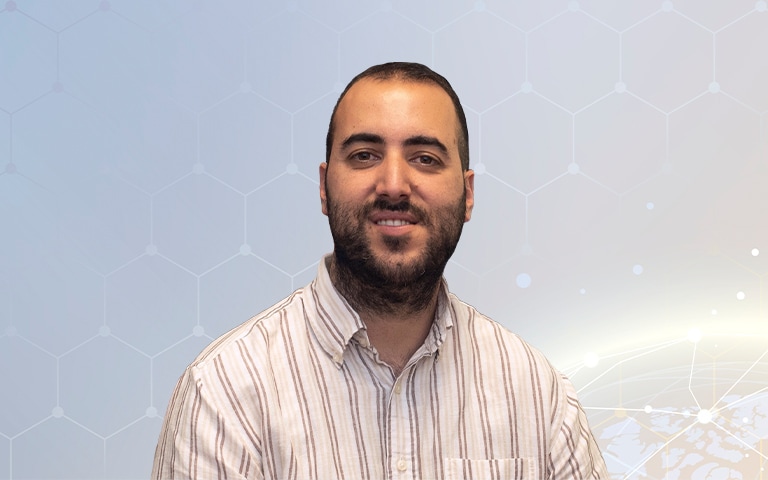


Contact us! transform@huawei.com
